Bruno Coffee, which "opens a hundred stores a year", closes several stores. How's bruno caffe?
Professional coffee knowledge exchange more coffee bean information please follow the coffee workshop (Wechat official account cafe_style)
In recent years, the capital's attention and enthusiasm for China's coffee industry is unprecedented. In 2018, known as China's "first year of coffee", nothing is more favored by capital than chain coffee shops and self-service coffee machine projects. Everyone's most familiar Internet coffee brand: Luckin Coffee and Lian Coffee quickly occupy China's takeaway coffee consumption market by financing. In the self-service coffee machine project, which is relatively low-key but also deeply concerned by capital, there are also many brands, such as coffee zero bar, lai cup coffee, friendly drink, friendly coffee, etc., under the background of self-service equipment + consumption upgrading, it mainly focuses on the high flow of people and open scenes such as colleges and universities, transportation hubs and halls on the first floor of office buildings. In addition, many brands under the banner of "boutique coffee", as the embodiment of consumption upgrading and the subdivision direction of market positioning, have also received the favor of capital: Bruno Coffee, Seesaw, Eagle set Coffee, GREYBOX, three and a half meals, fisheye Coffee and so on.
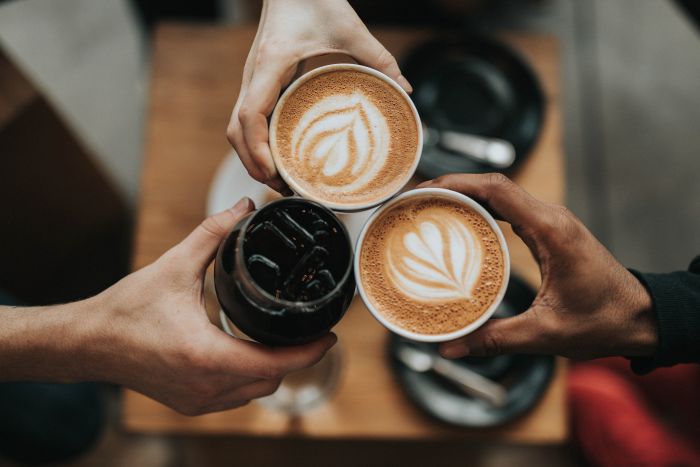
However, the rapid development is naturally followed by a sharp elimination of the coffee market. First, it is older than Starbucks, and the veteran brand carving time of the domestic coffee industry has successively closed core stores such as Zhongguancun and Wudaokou in Beijing in the 22nd year of its establishment, and the number of franchise stores has also been cut by more than half. Later, Lian Coffee began to close a large number of stores in major cities across the country, and the number of stores in Shanghai shrank from 120 at most to only more than 70 in normal business, and the proportion of shop closures nationwide reached 30%, 40%, and began to "break the arm to survive." Luckin Coffee, who is the hottest in the limelight, opened more than 2000 stores last year, and said that he would open another 2500 this year. He has a great momentum, but he cannot hide his guilt of losing more than 800 million. Recently, rumors of "going public to fill the hole" have been exposed from time to time.
Traditional cafes are showing signs of decline, and the latest retail coffee is also a bit weak. What about boutique coffee?
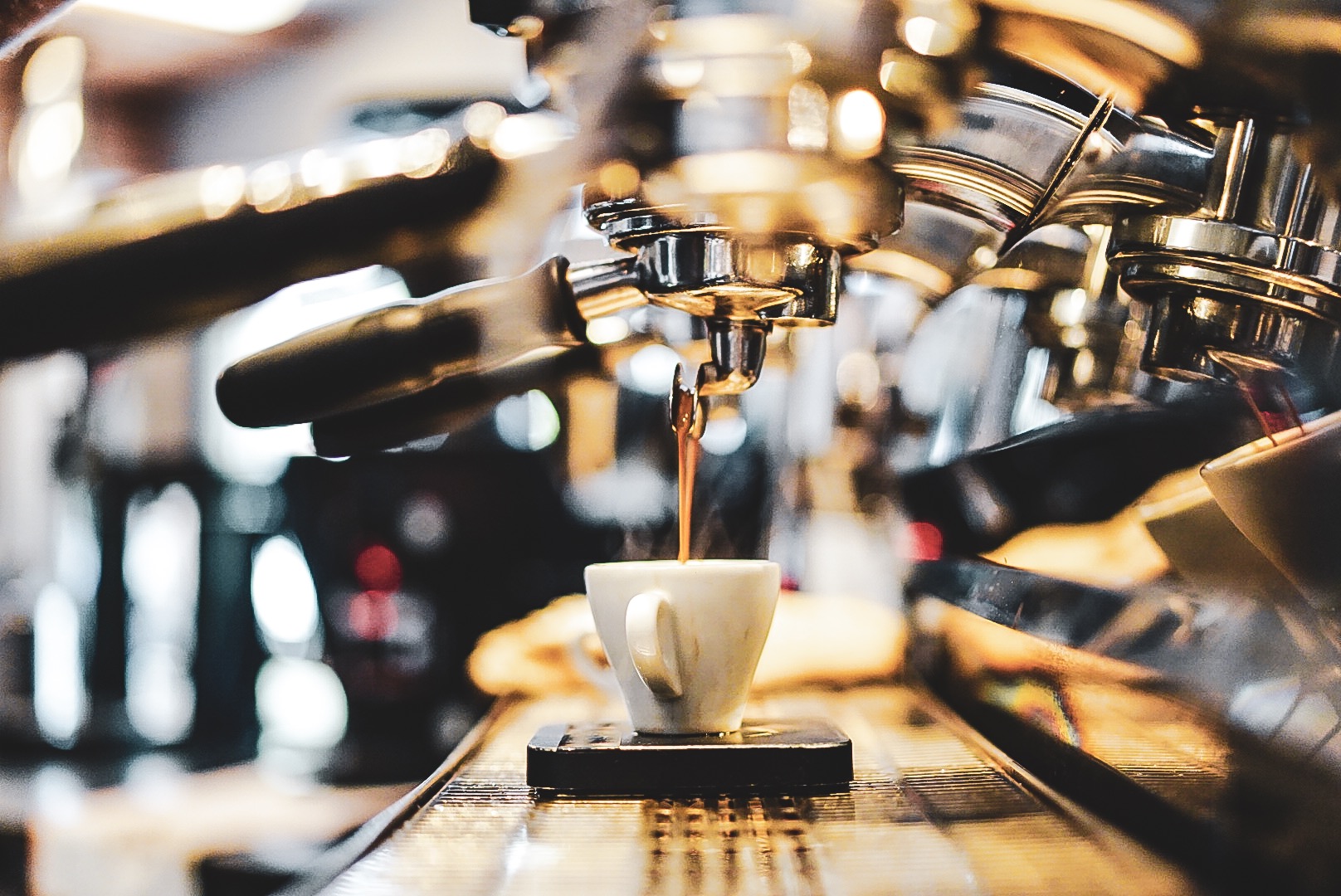
Bruno Coffee, which once said proudly that "one hundred stores a year", suddenly fell silent.
Today, the Beijing Business Daily reported that Bruno Coffee, a boutique coffee brand that once boasted in 2018 that it would "open 100 stores across the country and more than 1000 stores around the world within three years" and "the valuation of 400 million won Pre-A round financing", is abnormal in many stores in Beijing or closed or changed. At the same time, the official phone number has become empty, and the official Wechat and Weibo platforms have stopped updating for some time.
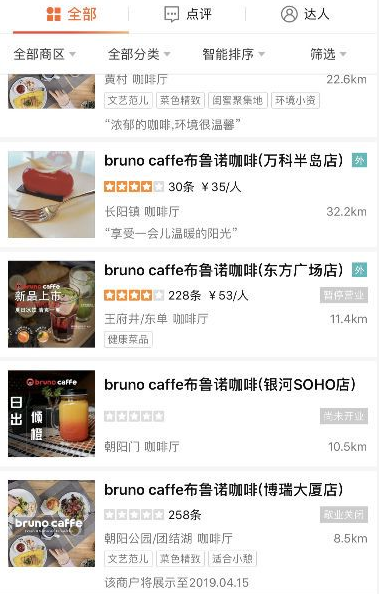
According to the brand's website, bruno caffe originated from Les Semurettes, a small coffee shop in France with a history of more than 150 years. In 2016, Bruno Restaurant Management (Beijing) Co., Ltd. signed a cooperation agreement with Mr. bruno Coeur, the fourth-generation heir to the store. Bruno Coffee focuses on boutique coffee, the product system is equipped with French baking, salad, light food, fruit juice and so on. However, a reporter from Beijing Business Daily saw from Dianping that the page shows that there are 12 Bruno coffee in Beijing, of which 4 are closed and have not yet opened, including Oriental Plaza store, Galaxy SOHO store, Borey building store and other stores. The interview with Bruno Coffee and its parent company Fuhua Business on the "reasons for store closure" and "store layout plan" did not get a reply.
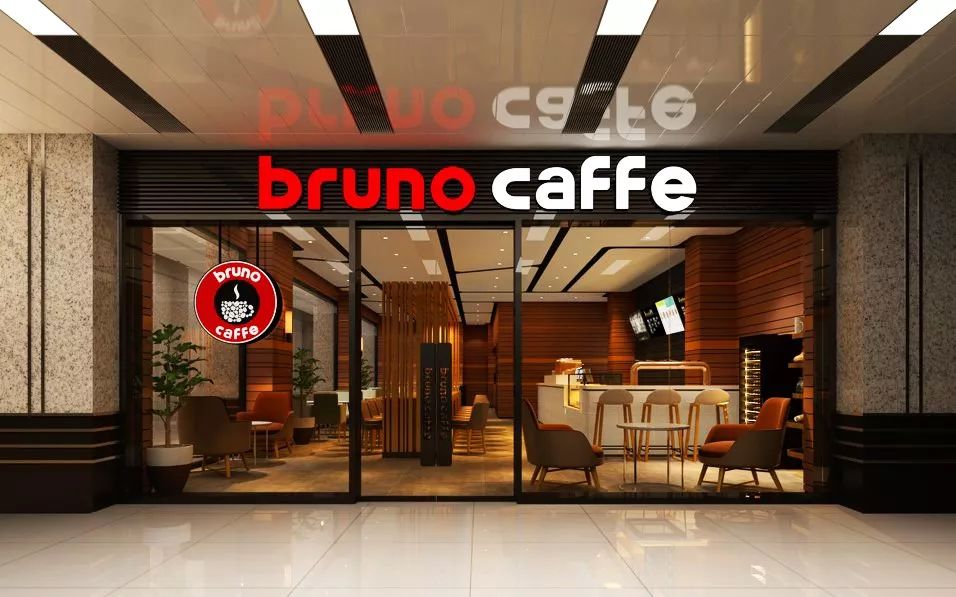
Compared with ordinary coffee brands, boutique coffee brands put forward higher requirements for the quality, service and environment of stores, which is also the challenge that the brand will face in the process of layout. However, at present, most Chinese people's understanding of coffee is only on the surface, and the market for fine coffee, which regards coffee as a culture, is not very broad, and it still needs a long run-in in the flow of customers.
Although it seems to occupy a more segmented market in terms of store decoration, name and price positioning, how to make a more obvious difference between boutique cafes and chain cafes? meeting people who really understand coffee and have a higher demand for boutique coffee is still a problem. In the face of the situation that boutique coffee has become an investment tuyere and competitors emerge one after another, Bruno Coffee, which focuses on "compound formats", still has to bear a lot of pressure.
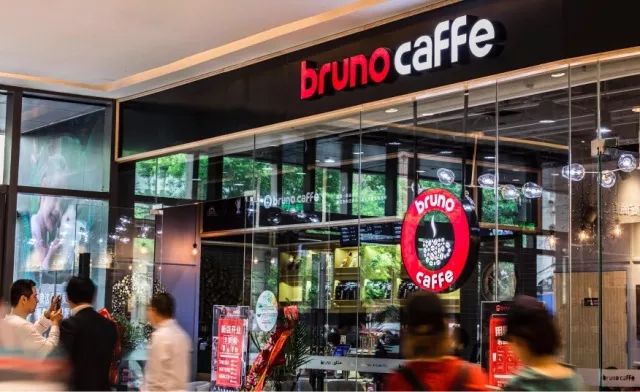
The support of the mountain is unstable, and capital cannot save the situation. In addition to market competition, the sudden silence of Bruno Coffee has something to do with the chaos of reviving the business of its parent company. According to several media reports, the Fuhua department of Bruno Coffee's parent company, Fuhua Commercial, has recently been labeled as "unpaid wages" and "abnormal funds", and the expansion of its full-time life and convenience stores has also stalled. The group, with assets of nearly 100 billion yuan, has suspended several new retail sections due to a large funding gap, and Bruno Coffee will inevitably be affected in its layout and development.
Is the market demand for boutique coffee really as big as the market expected?
In recent years, when we see the analysis of the coffee industry, we will quote the "Chinese coffee market will break the trillion" in the 2018 China Coffee Industry Insight released by CBNData as the groundwork.
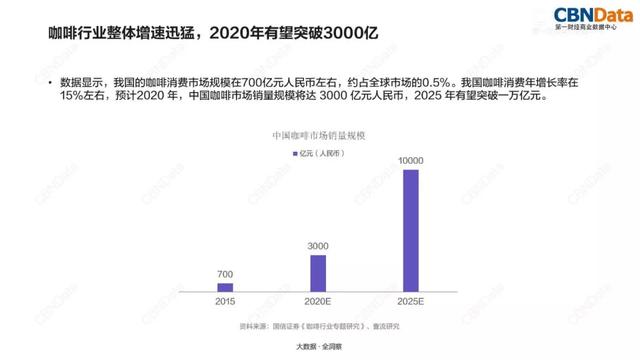
In 2015, China's coffee consumption market was about 70 billion yuan, accounting for about 0.5% of the global market. However, the annual growth rate of coffee consumption in China is about 15%. It is estimated that the sales scale of China's coffee market will reach 300 billion yuan in 2020 and is expected to exceed 1 trillion yuan in 2025.
However, the coffee market needs to increase 14 times from 70 billion in 2015 to 1 trillion in 2025, more than doubling in a decade on average, which is even crazier than Taobao 13 years ago. When we look back at Luckin Coffee, who was the hottest last year, he opened more than 2000 stores a year, and his total revenue in 2018 was only 763 million. Compared with the trillion scale above, it seems that it is still out of reach. And if the growth rate is really so fast, then anyone who should open a shop should make money, and why is there the phenomenon of even closing coffee shops by 30% and 40%?
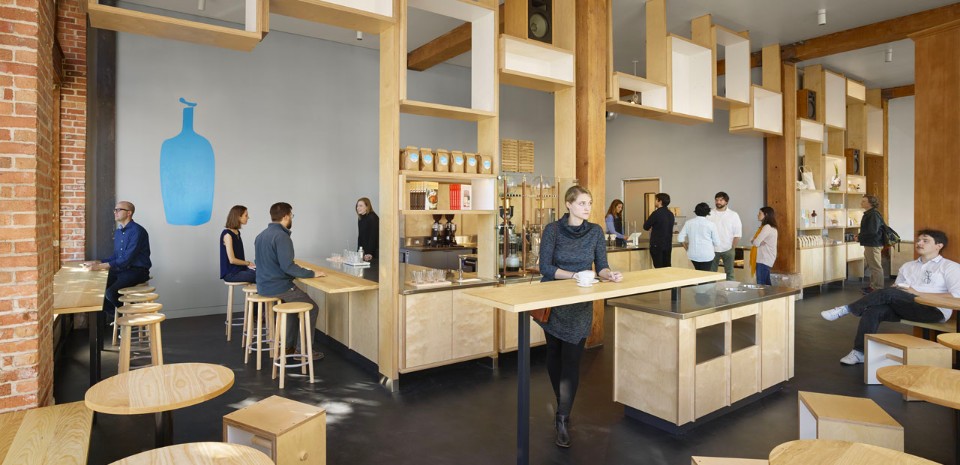
In addition, the current boutique coffee market seems to be prosperous, but there are actually a lot of problems. The employment level of baristas is uneven, the real fine coffee is affected by output, price, technology and other factors, the market is narrow, consumers lack the understanding and understanding of fine coffee, as well as the confidence of consumption. In addition, it is not easy to get capital-assisted boutique coffee to expand significantly, which requires strong training, research and development, and supply system behind it.
In a word: the domestic coffee market still needs to be cultivated.
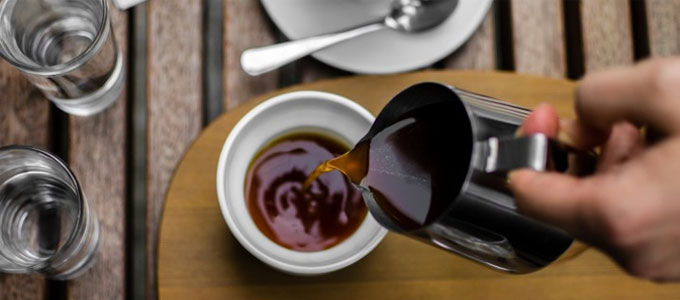
Therefore, I would also like to invite spectators who are interested in the coffee industry to give China's coffee market a little more confidence and time. Let's look at the rise of Chinese coffee rationally.
Source: Beijing Business Daily
Photo Source: Internet
END
Important Notice :
前街咖啡 FrontStreet Coffee has moved to new addredd:
FrontStreet Coffee Address: 315,Donghua East Road,GuangZhou
Tel:020 38364473
- Prev

Lucky Coffee explodes a big trick of "cash subsidy": scan the data to cover up losses, or pave the way for listing
Professional coffee knowledge exchange more coffee bean information please follow the coffee workshop (Wechat official account cafe_style) burn money to a new height, cash is moving that Luckin Coffee is rich and capricious, have never seen such tuhao's way of playing! Yesterday, Luckin Coffee burned the money to a new high and directly opened the cash subsidy. On March 11, Luckin Coffee released a new round of 10 through its official Wechat account.
- Next

Which tastes better, white coffee or black coffee? Is there any brand of white coffee that tastes good?
Professional coffee knowledge exchange more coffee bean information Please pay attention to the coffee workshop (Wechat official account cafe_style) instant coffee business has dropped slightly, but white coffee has not fallen but increased, and the increase is astonishing. In just a few years, 50% of the whole instant market, that is, one out of every two instant customers, likes to drink white coffee, but Nescafe happens to be in white coffee.
Related
- What brand of black coffee is the most authentic and delicious? what are the characteristics of the flavor of the authentic Rose Summer Black Coffee?
- Introduction to the principle and characteristics of the correct use of mocha pot A detailed course of mocha pot brewing coffee is described in five steps.
- Which is better, decaf or regular coffee? how is decaf made?
- How much is a bag of four cat coffee?
- How about four Cat Coffee or Nestle Coffee? why is it a cheap scam?
- Which is better, Yunnan four Cats Coffee or Nestle Coffee? How about cat coffee? is it a fake scam? why is it so cheap?
- How about Cat Coffee? what grade is a hoax? which instant coffee tastes better, four Cat Coffee, Nestle Coffee or G7 coffee?
- Process flow chart of coffee making-Starbucks coffee making process what coffee tastes good at Starbucks
- The top ten best coffee beans in the world Rose summer coffee or Tanzanian coffee tastes good
- Yunnan four cat coffee is good to drink?_four cat coffee is a big brand? four cat blue mountain coffee is fake?

